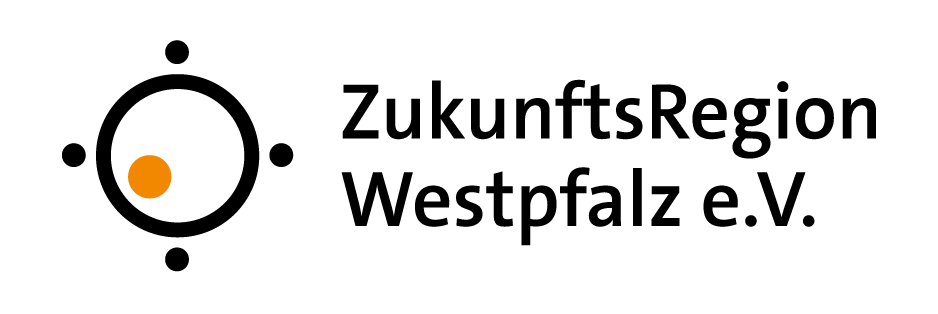"A surprisingly beneficial exchange" - this is how the 6th meeting of the Leadership Connect Days could be summed up in the words of the Co-President of the Rhineland-Palatinate Technical University Kaiserslautern-Landau (RPTU) Prof. Dr. Arnd Poetzsch-Heffter. Initially somewhat skeptical about whether the representatives of the two institutions would have points of contact in terms of content, he was happy at the end of the event to have participated in the Leadership Connect Days with his institution, as well as personally. Indeed, this event once again showed the great added value of the exchange between German and American executives.
On June 23, the participants of the Leadership Connect Days were invited to the RPTU in Kaiserslautern, more precisely to Building 58, the Leibniz-Institut für Verbundwerkstoffe GmbH (IVW). In addition to the exchange of leadership experiences, there were, as at the previous meetings, insights into the daily work and the premises of the host institutions. For the IVW, Dr.-Ing. Robert Lahr, Head of Knowledge & Technology Transfer and Technical Infrastructure, gave the participants an overview of the IVW's research activities and the various business areas in which the institute is active: automotive engineering, medical technology and aerospace are just some of them. From the wide range of research and teaching topics of the RPTU, the posture and functional analysis laboratory of the sports sciences was visited. Dr. Oliver Ludwig demonstrated how various imaging methods can be used to analyze posture and musculature to prevent pain and improve performance.
The central topic of the lively exchange was the question of whether there are different types of leadership issues within an institution. A look at the merging of the TU Kaiserslautern and the university site Landau to form the RPTU is sufficient here. The merging process is an immense and multi-layered challenge, the management and administrative structures have to be brought together, which brings different leadership challenges for the employees and academics.
However, this does not only exist in large institutions with complex structures - different people mean different leadership styles and levels of training in leadership issues. During the discussion, it became clear that some participants had not originally planned to take on a leadership position at some point in the future, which is why they tend to describe themselves as "informal leaders". Does this make you less qualified as a leader? No, because you grow into this role and your professional experience and the respective environment make a person become a leader. You develop not only professionally, but also personally and in your social skills. But this requires time and a permanent willingness to learn: "Leadership is a never-ending skill."
Still, the question arises: Do you still do what you are passionate about and what you have spent years studying or have been trained for? In the course of one's career, one is gradually "pulled away" from the immediate tasks of the profession with which one started, as one deals with leadership tasks and the management of people and resources. Researchers do no more or less research, aircraft builders themselves no longer build aircraft because their employees have now taken over those tasks. The beauty of it is that you can pass on your knowledge and learn how to support and challenge people individually.
How do you motivate your employees and what is your role as a superior? "It's not my job to motivate you. It's my job not to demotivate you." - one of the core findings of the workshop. Managers have a responsibility to help their students and employees perform their tasks to the best of their ability while continuing to develop. The line here is clearly drawn: "I'll help you, but you have to do it yourself."
The meeting showed that whether RPTU or AirForce - There are very similar challenges to overcome, such as the generation change and the problem of finding young motivated employees and students. It is important to always keep the common goal in mind. In the case of RPTU: the educational mission. In the case of USAFE: to serve the country.
Many thanks to all those responsible at RPTU for the wonderful reception and the diverse program!



